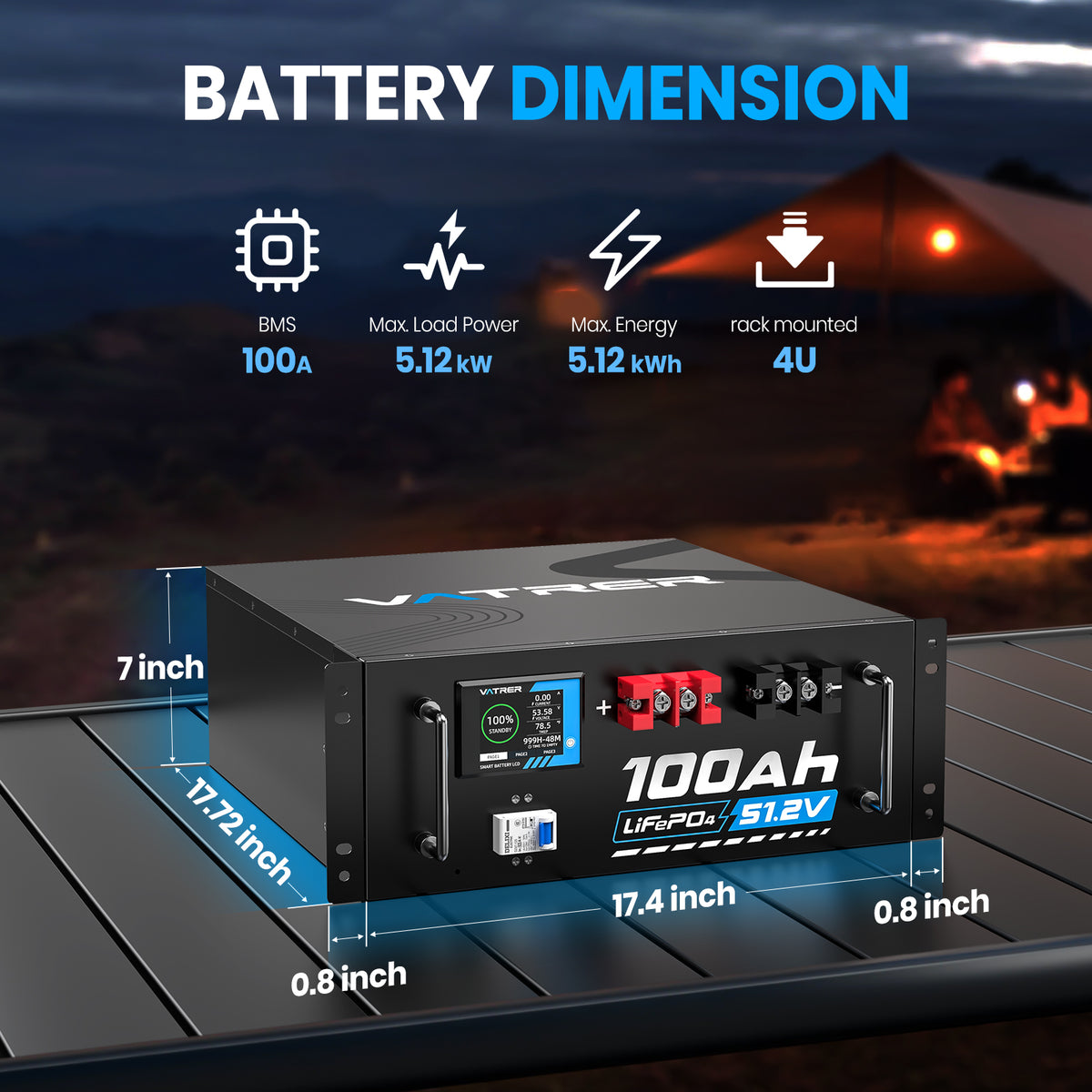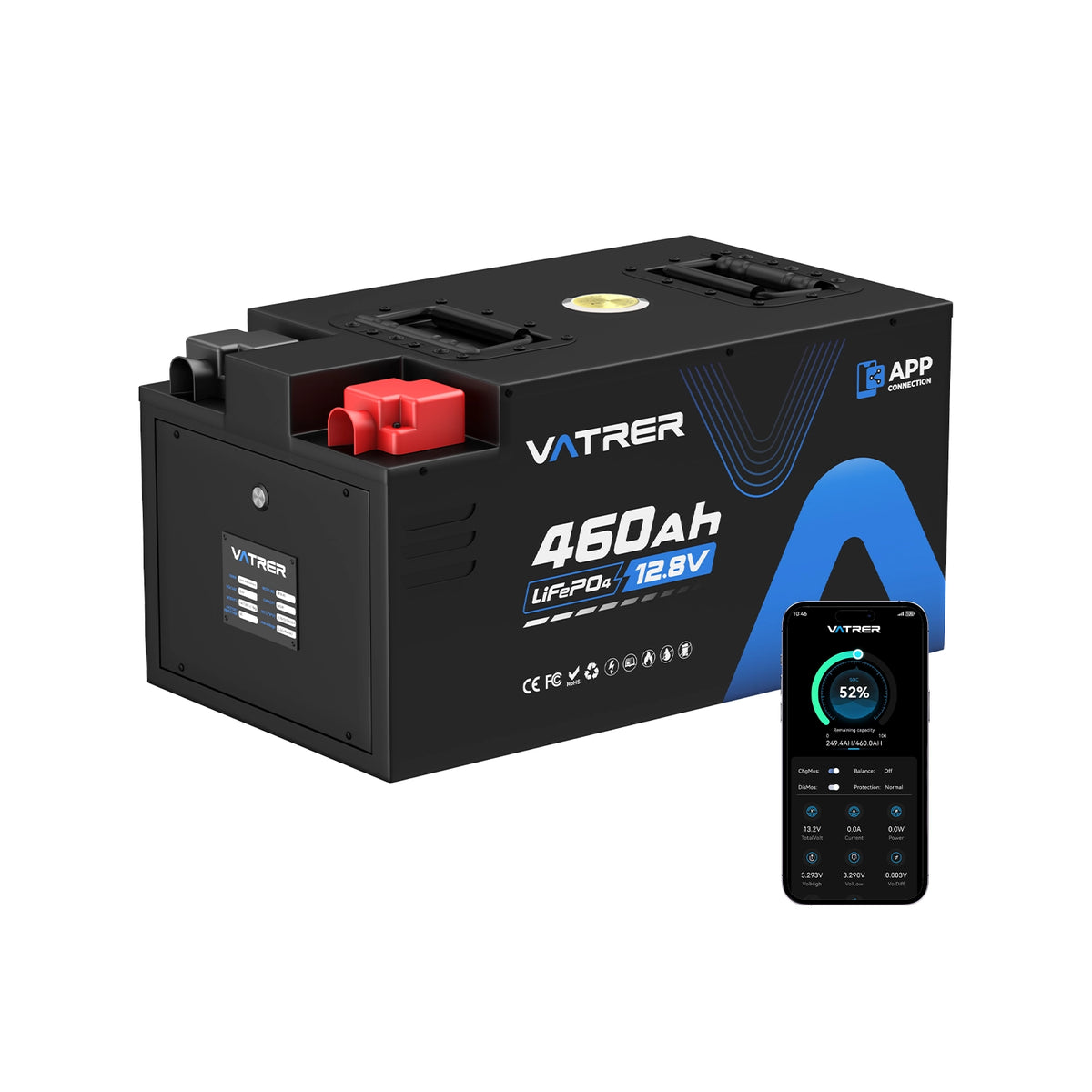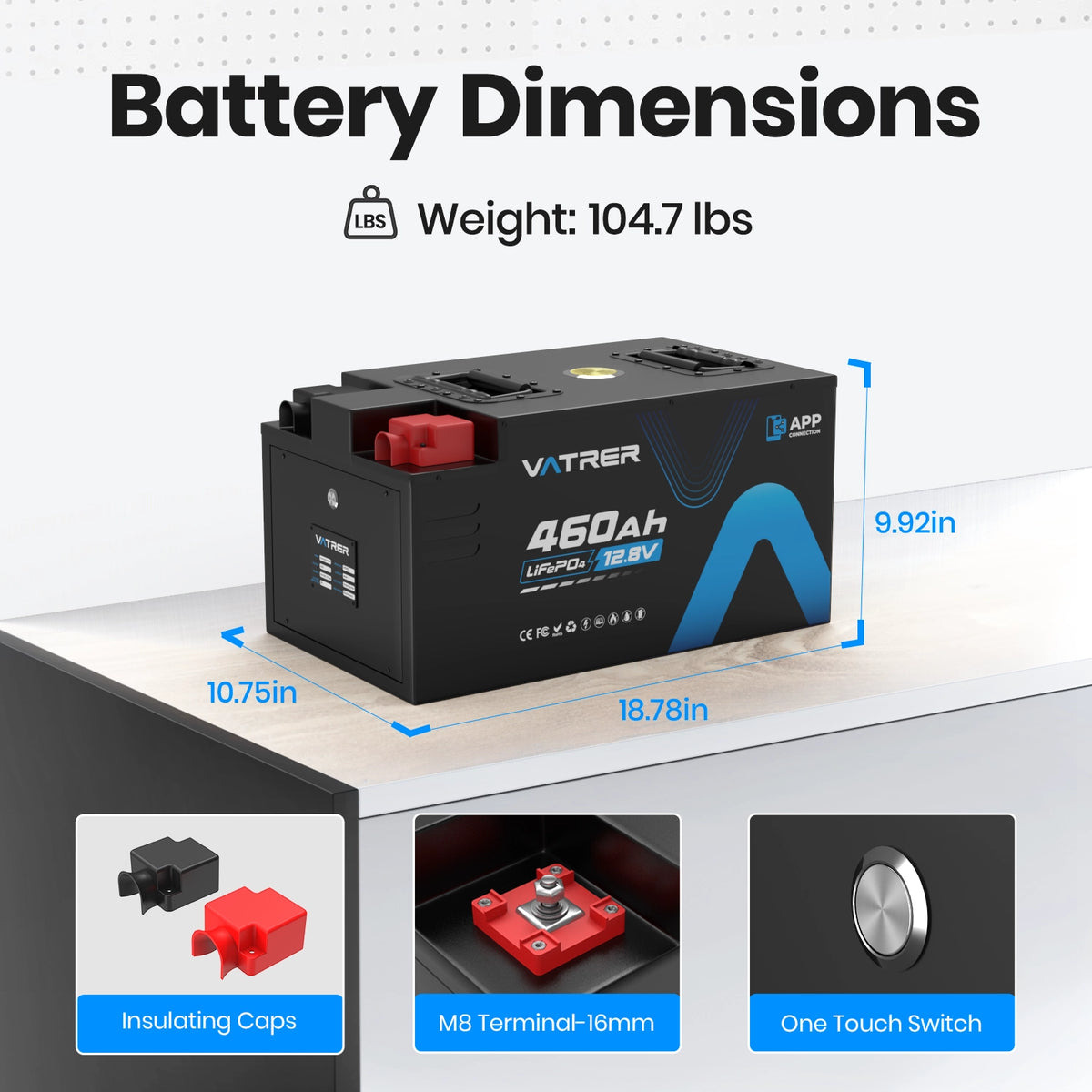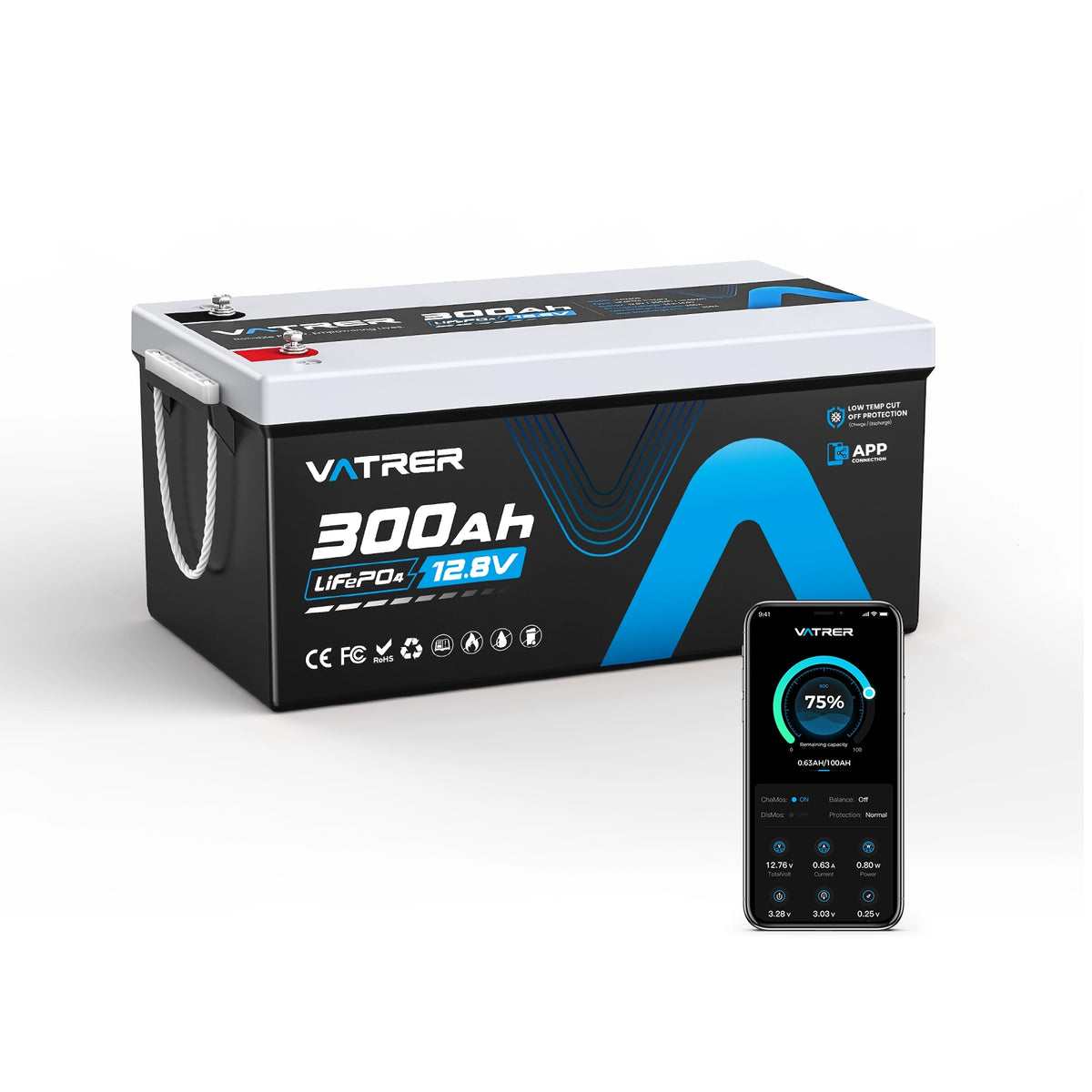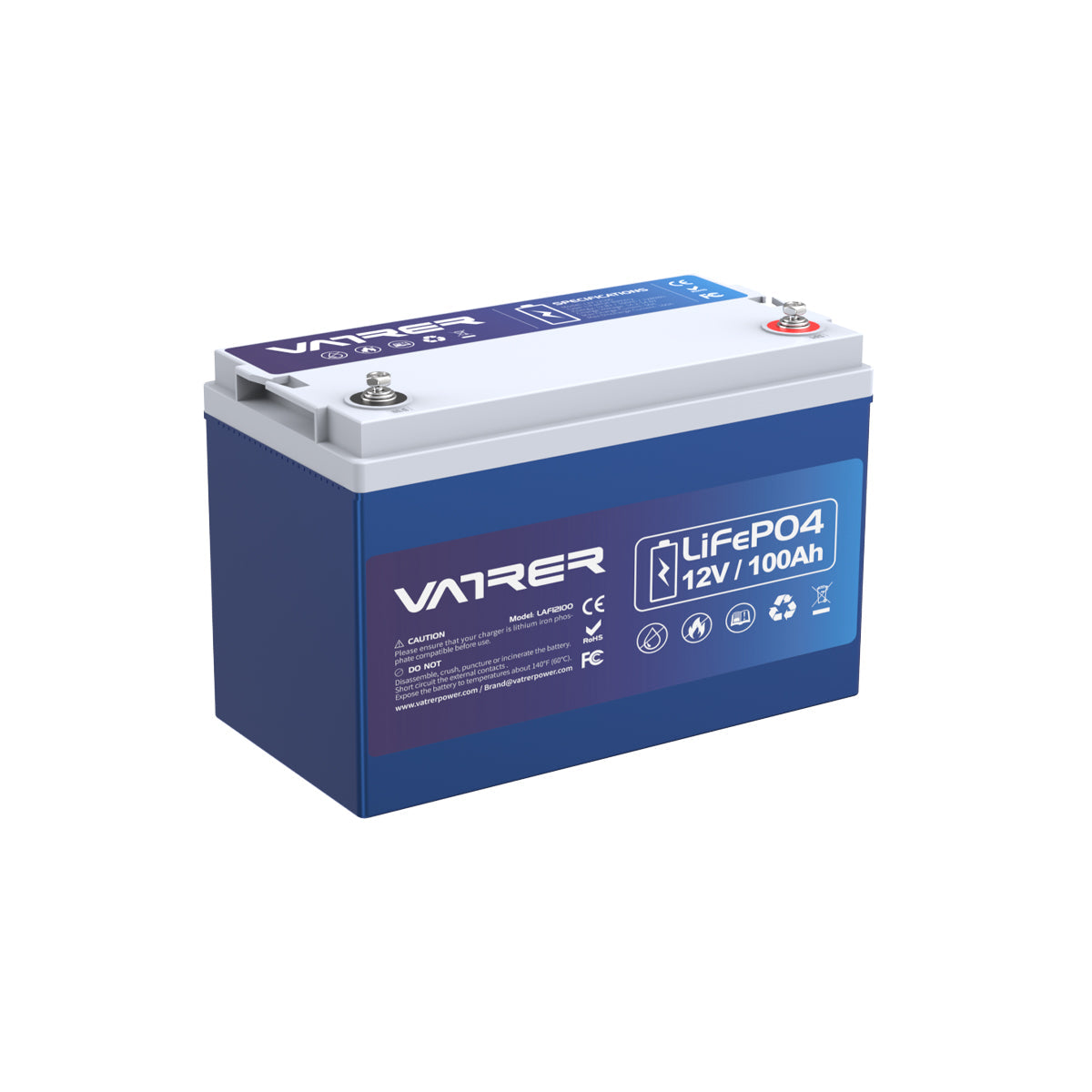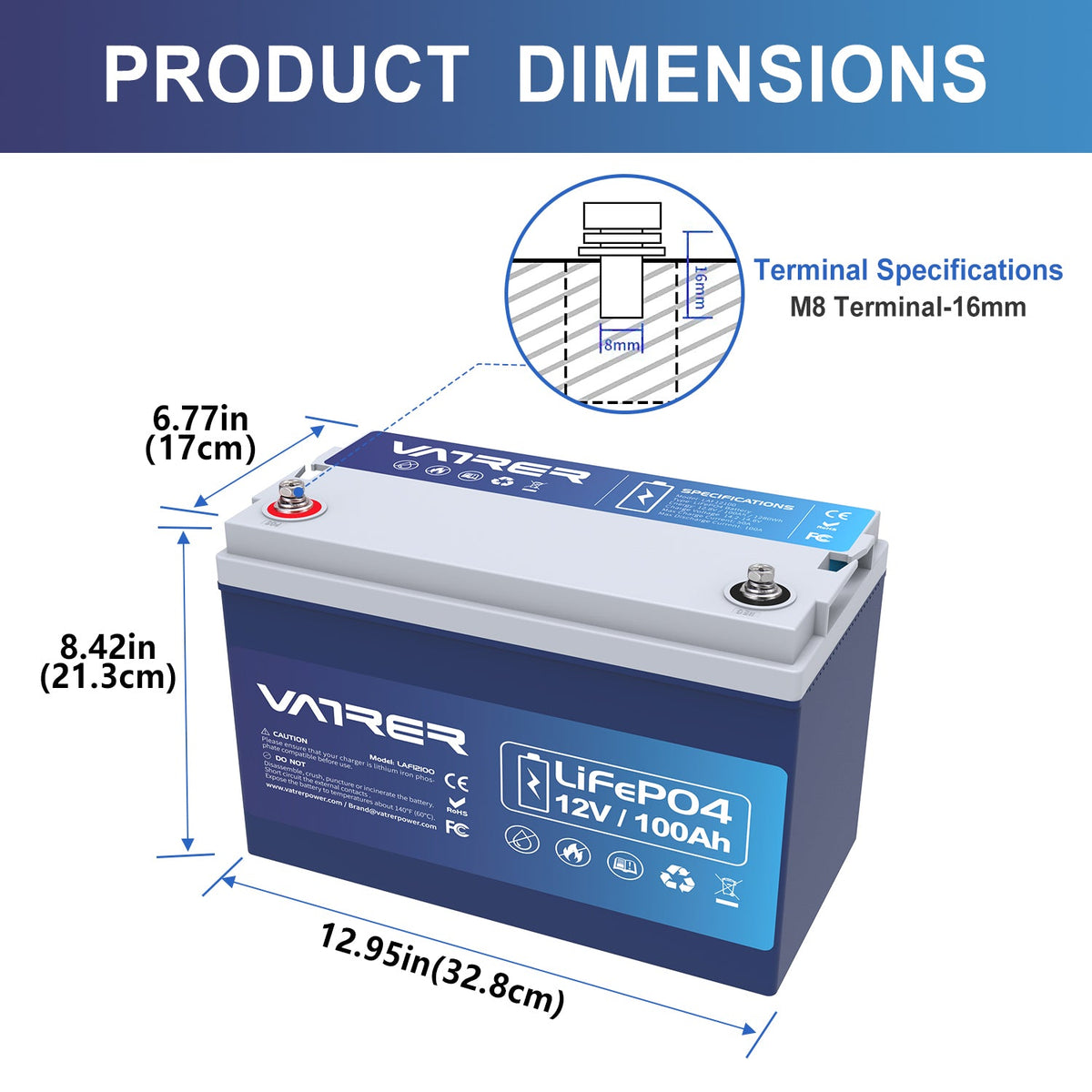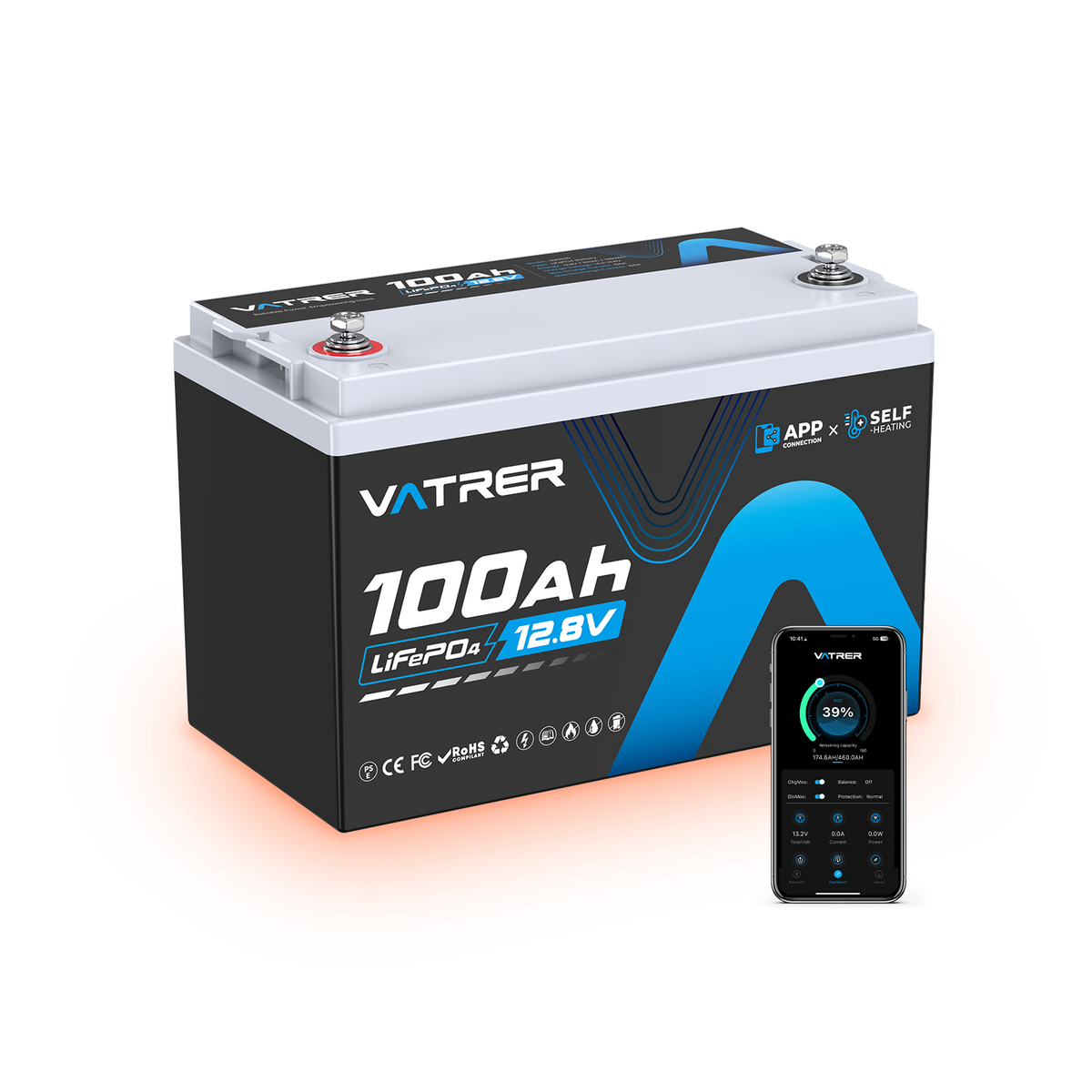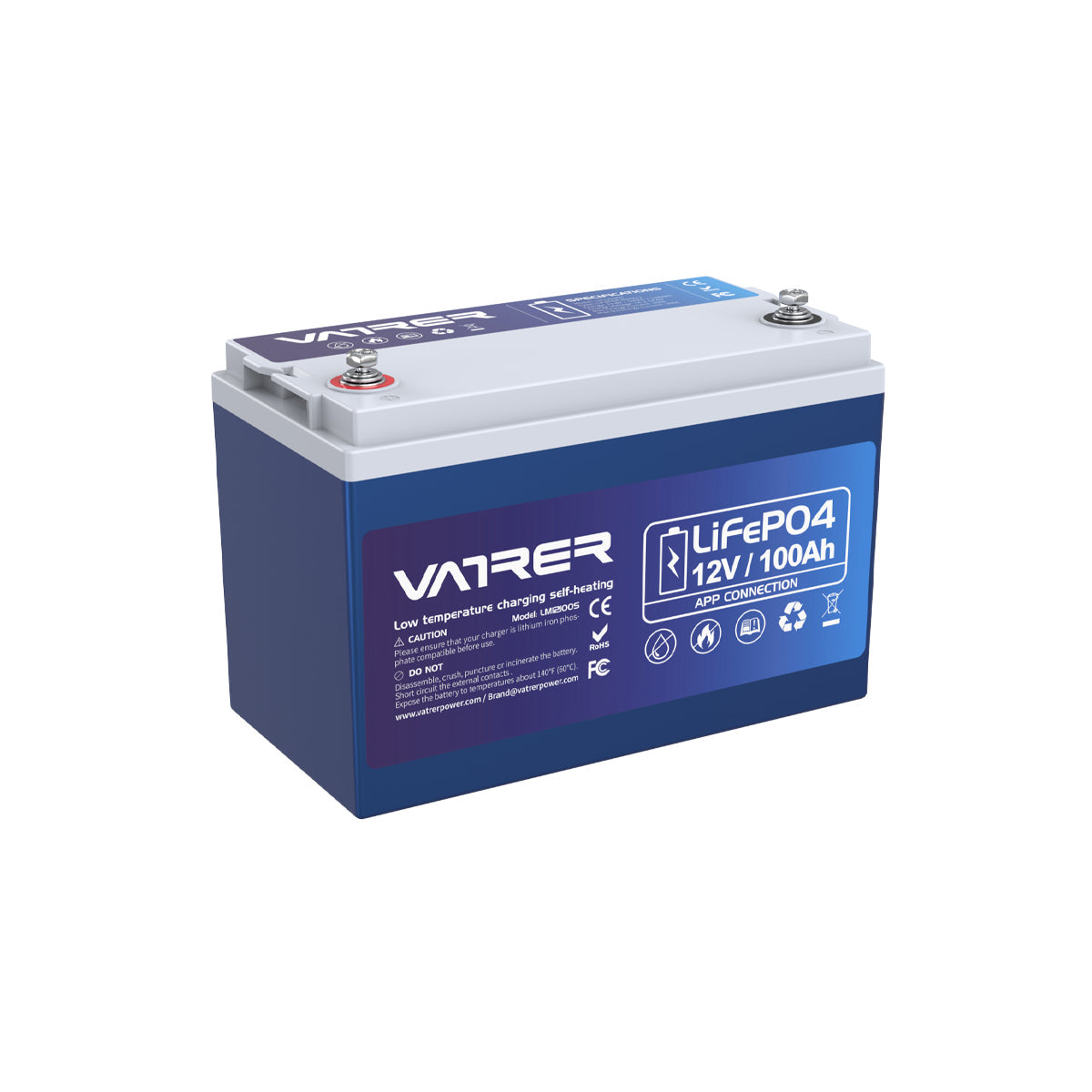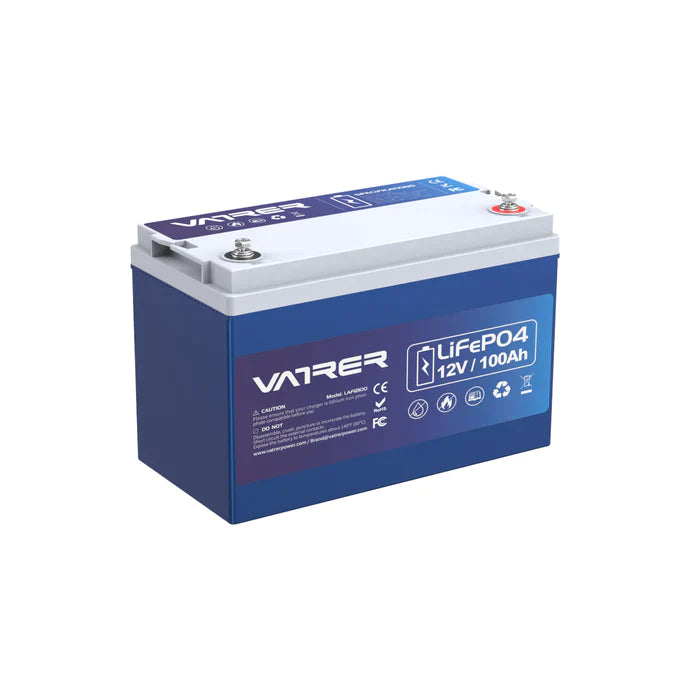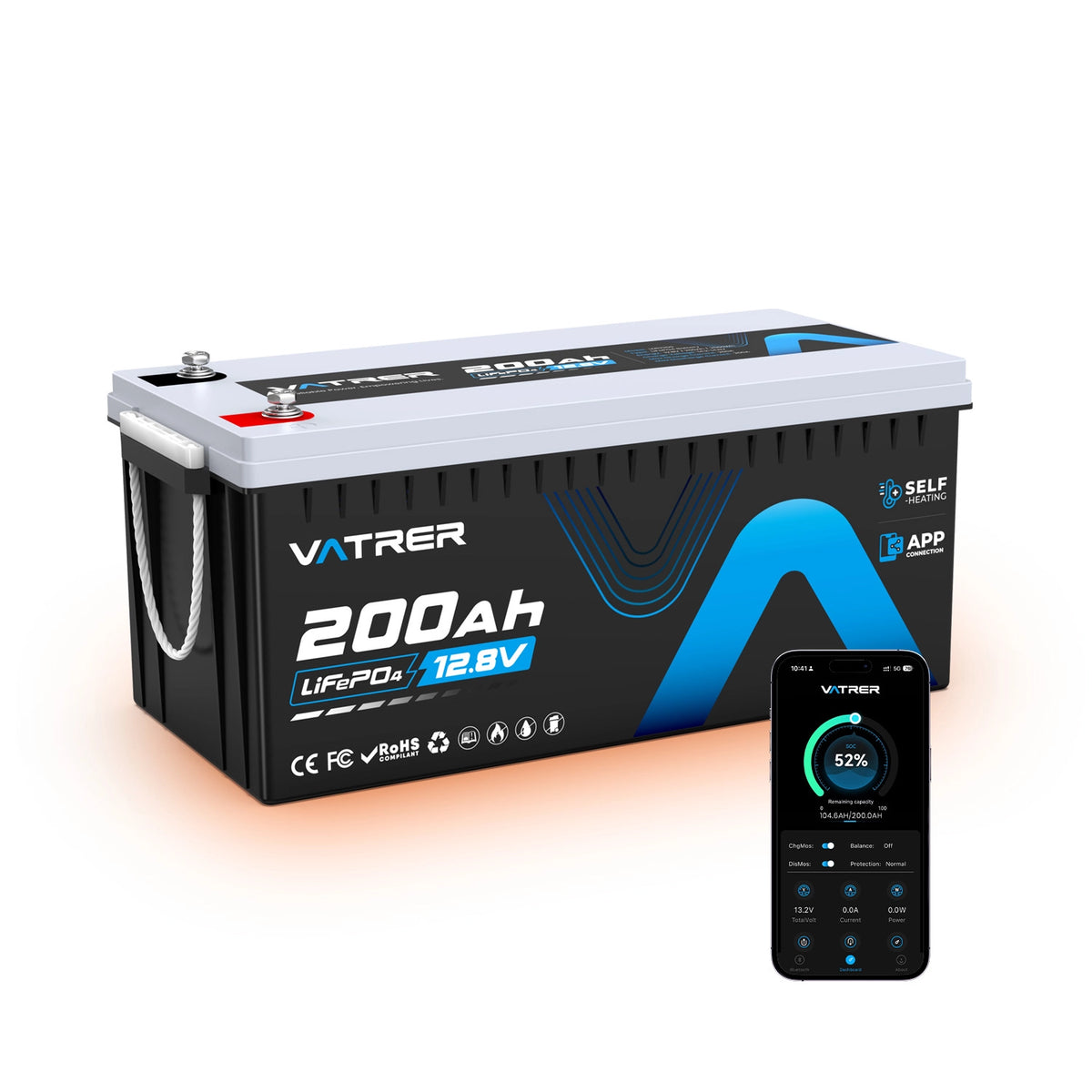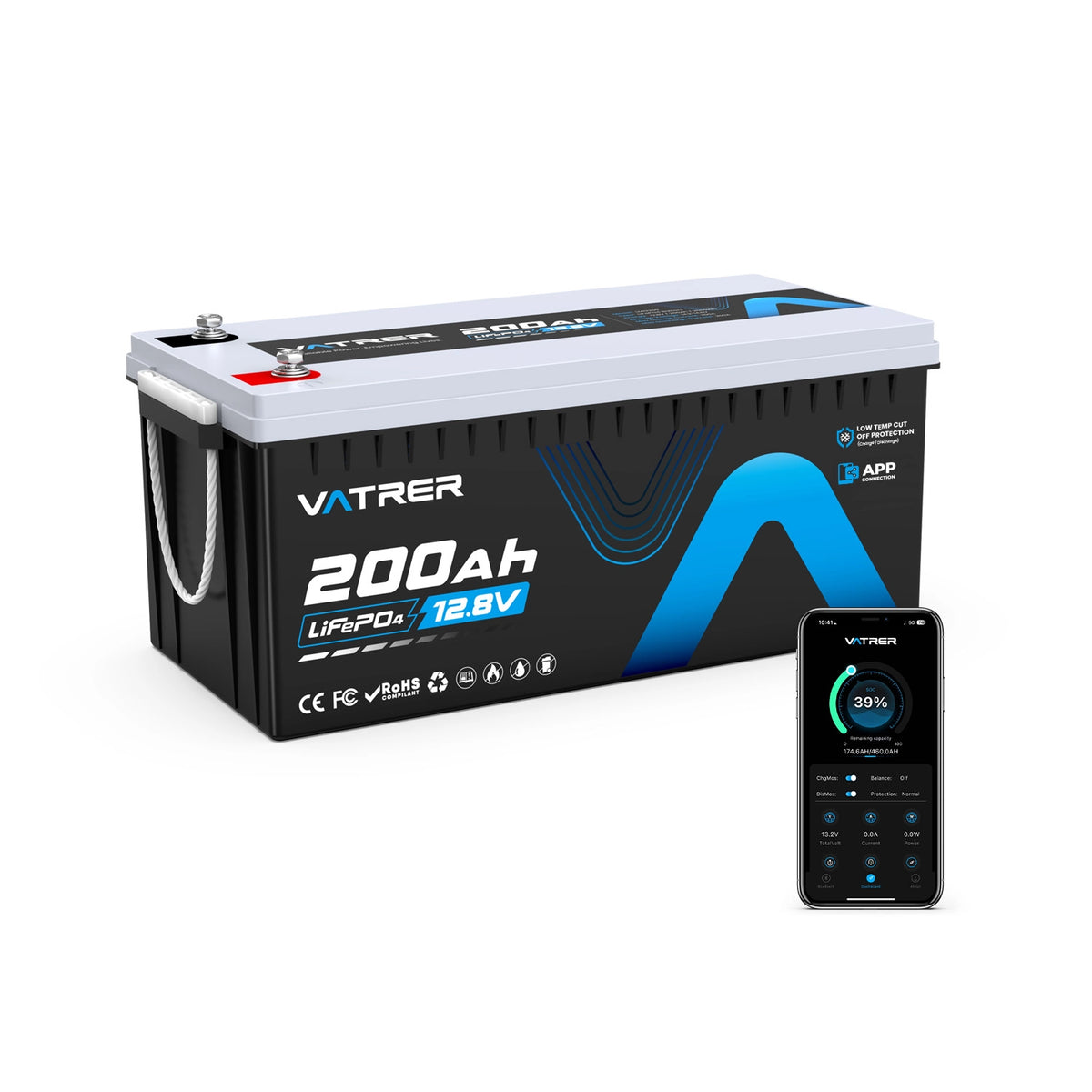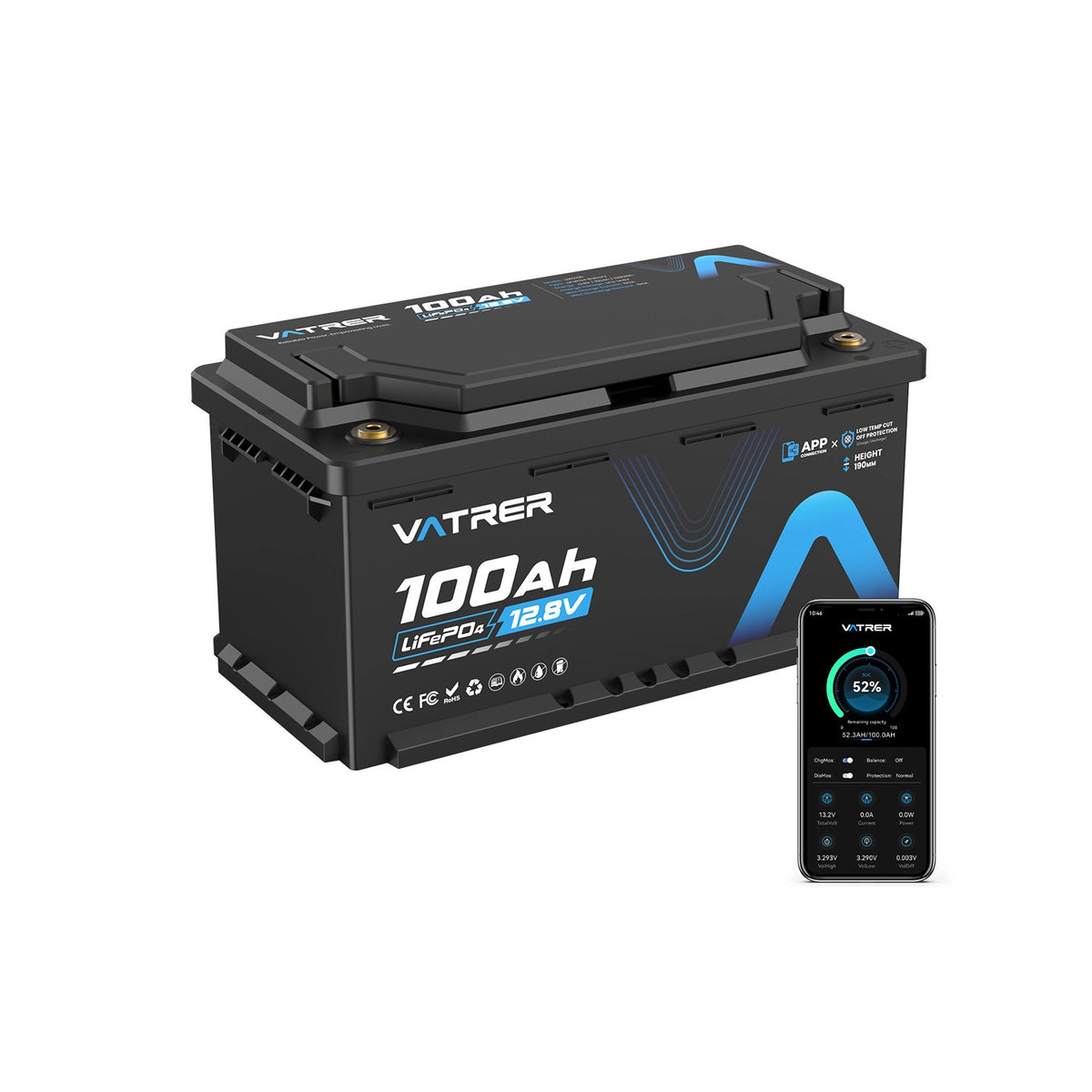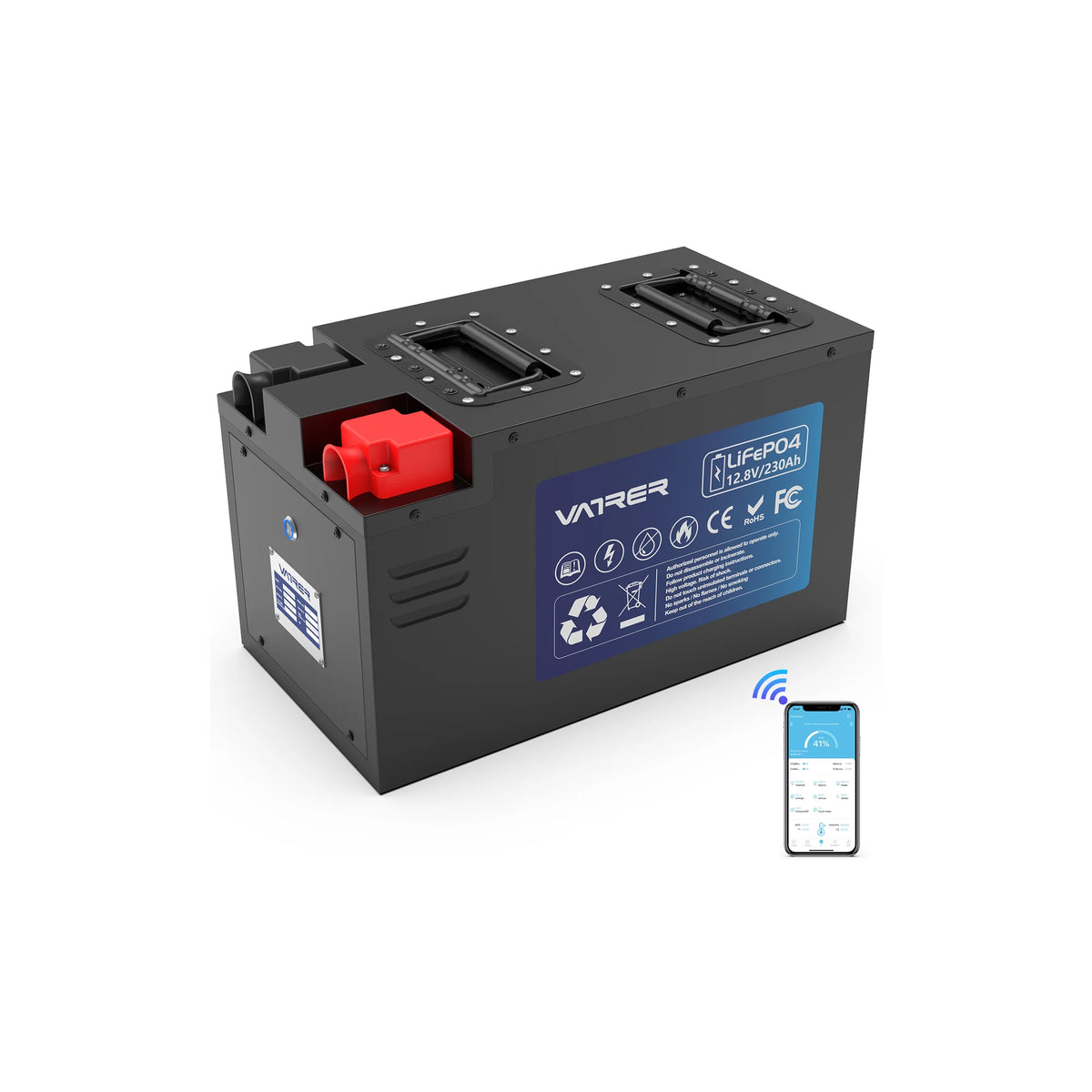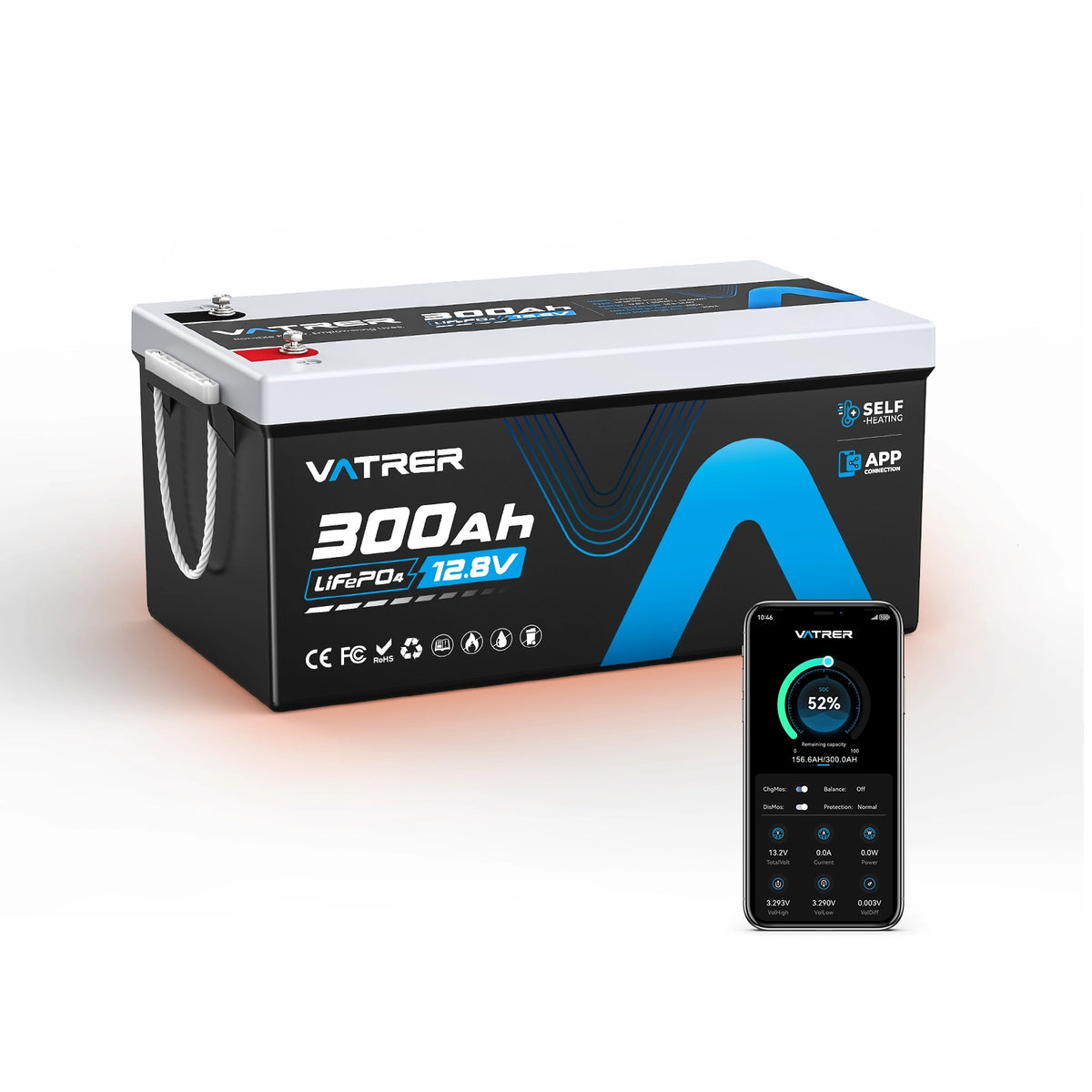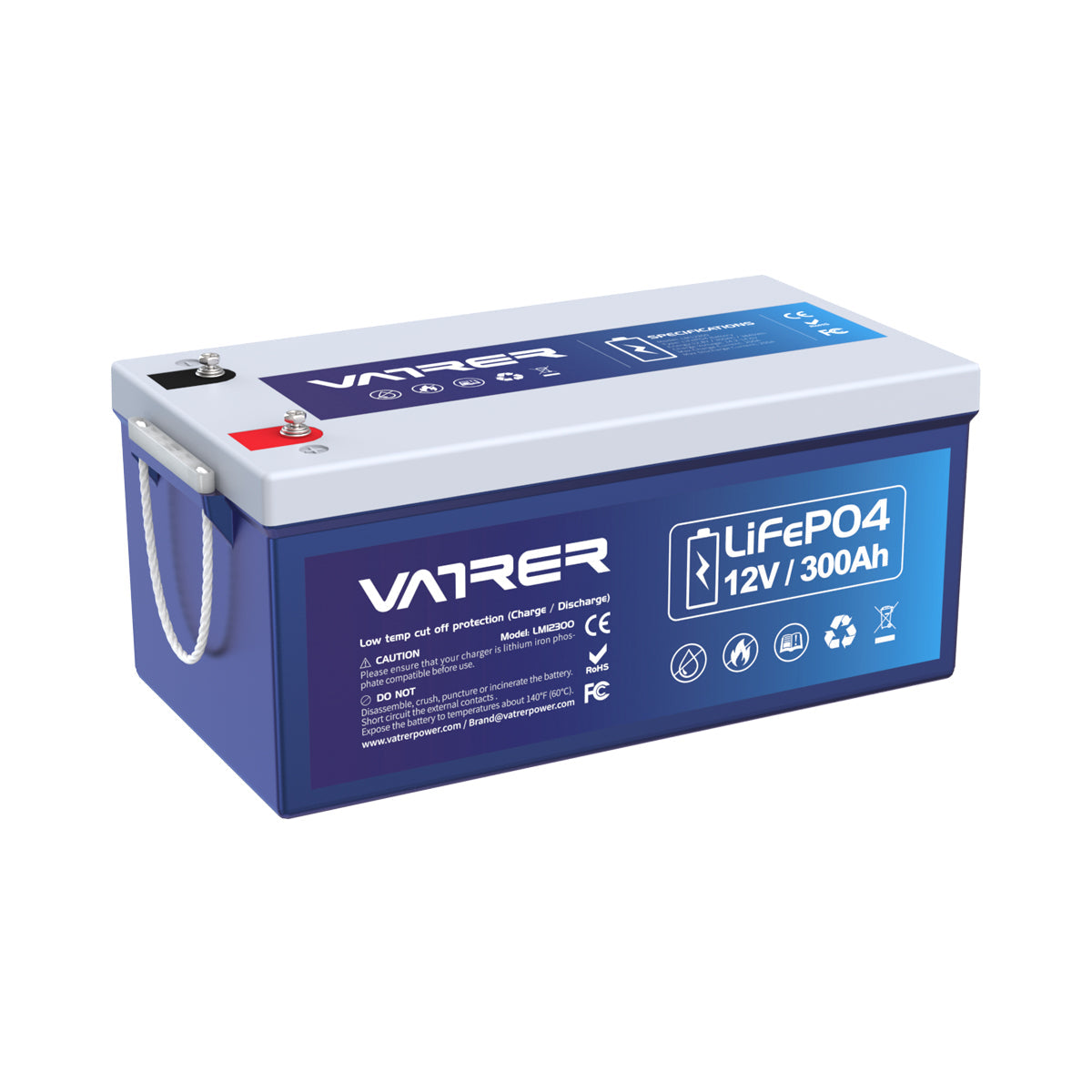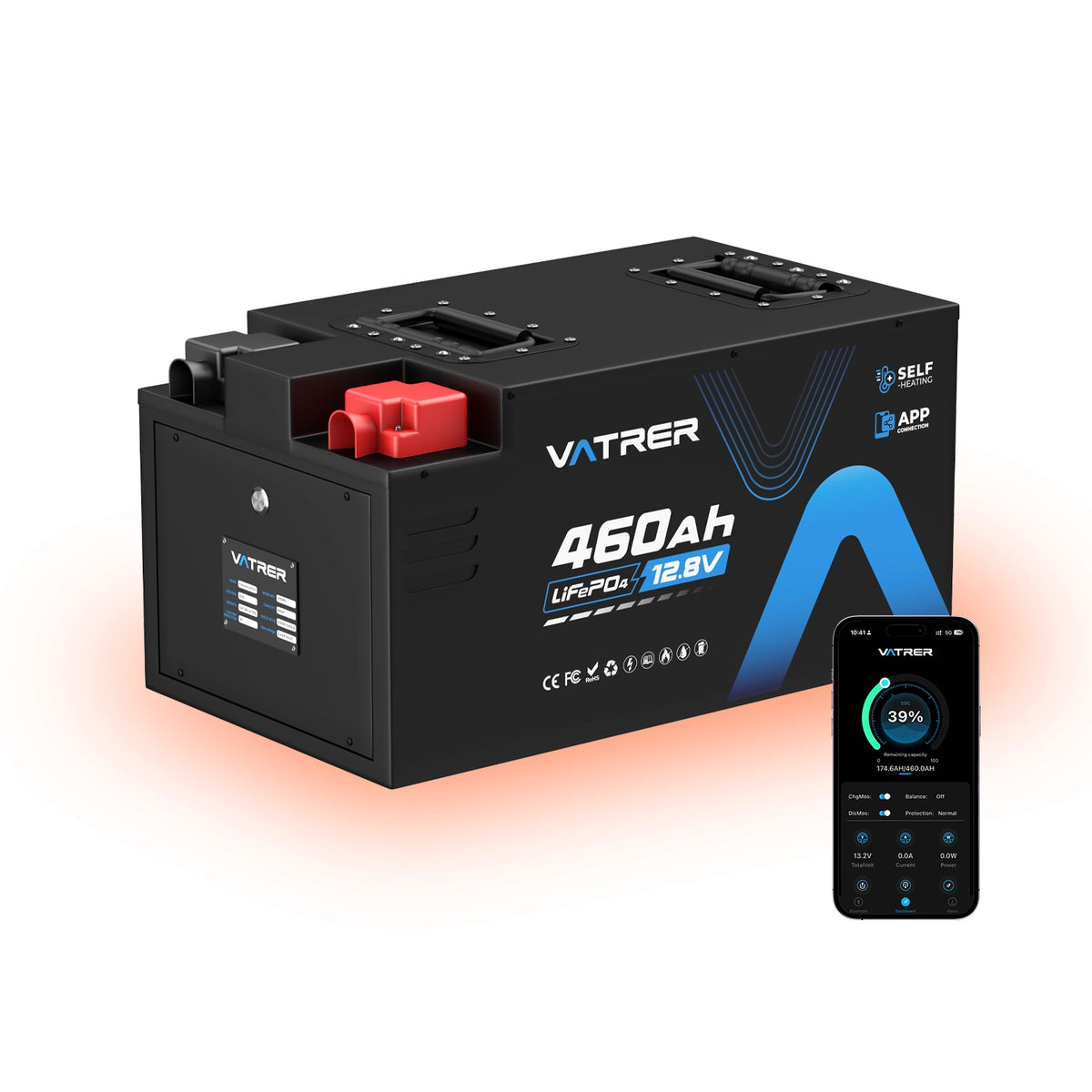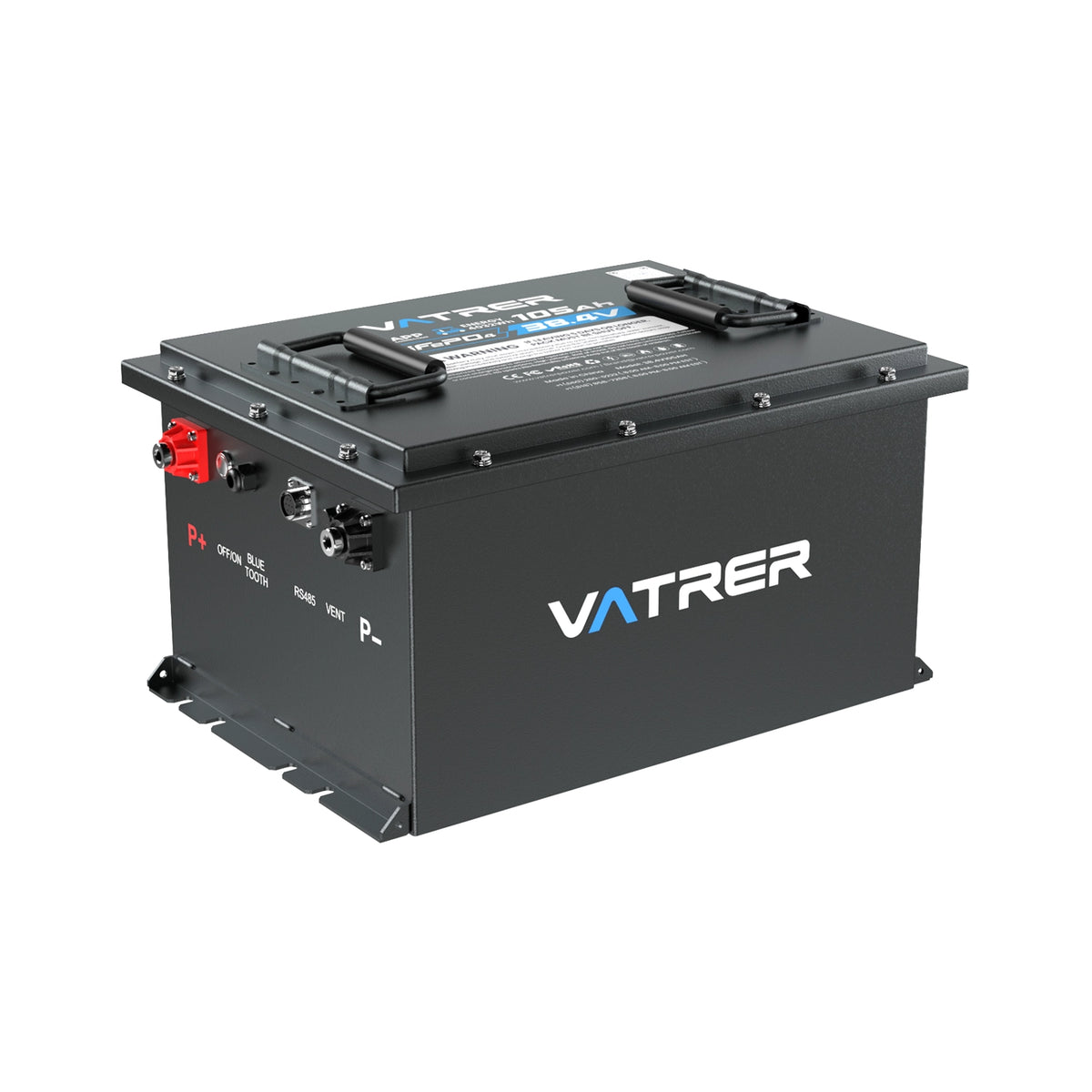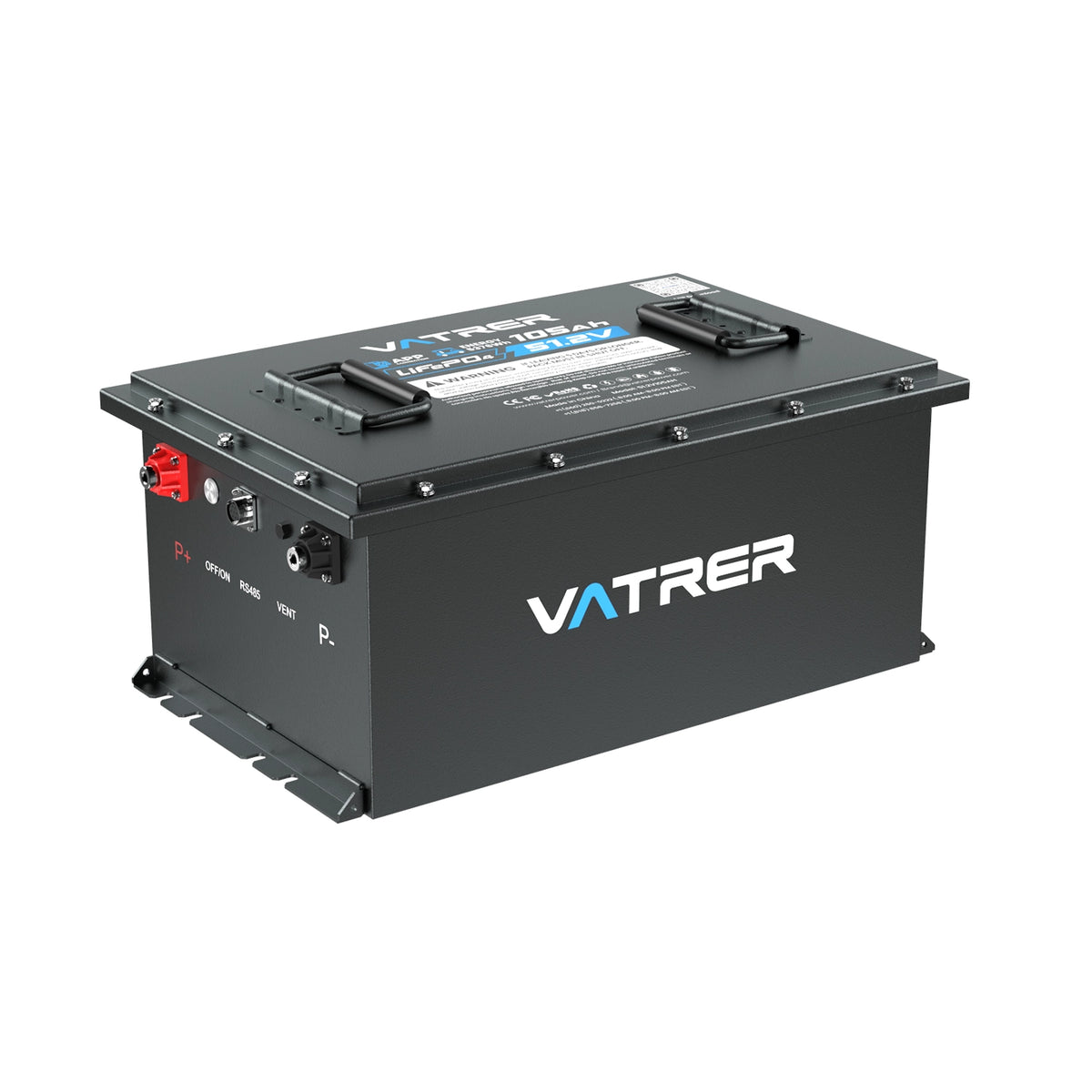Table of Contents
- 1. Introduction
- 2. Understanding Voltage and Battery Charging
- 3. The Basics of 12V and 24V Systems
- 4. Risks of Using a 12V Charger on a 24V Battery
- Insufficient Charging Voltage
- Overcharging Risks
- Uneven Charging Issues
- Potential for Fire and Electrical Damage
- 5. Safe Methods to Charge a 24V Battery with a 12V Charger
- Series Charging Technique
- Use of DC to DC Step-Up Converters
- Importance of Monitoring the Charging Process
- 6. Safety Precautions
- 7. Conclusion
1. Introduction
Overview of Battery Charging
Battery charging is a fundamental process in the maintenance and operation of various electronic devices and vehicles. It involves replenishing the energy stored in a battery by applying an electrical current. The efficiency and safety of this process depend significantly on the compatibility between the battery and the charger used. In particular, the voltage of the charger must match the voltage of the battery to ensure optimal charging conditions.
Importance of Matching Charger and Battery Voltage
The voltage of a charger is a critical parameter that determines its suitability for charging a specific battery. Using a charger with a voltage that does not match the battery's voltage can lead to inefficient charging, potential damage to the battery, and safety hazards. Therefore, understanding the relationship between charger and battery voltage is essential for anyone involved in battery maintenance or usage.

2. Understanding Voltage and Battery Charging
Definition of Voltage
Voltage, often referred to as electric potential difference, is the force that drives electric current through a circuit. It is measured in volts (V) and represents the potential energy per unit charge. In the context of batteries, voltage indicates the amount of energy a battery can deliver to a circuit.
How Voltage Affects Battery Charging
The voltage of a charger must be compatible with the battery's voltage to ensure efficient energy transfer. A charger with a lower voltage than the battery will not provide sufficient energy to charge the battery fully. Conversely, a charger with a higher voltage can overcharge the battery, leading to overheating and potential damage.
3. The Basics of 12V and 24V Systems
Common Applications of 12V and 24V Systems
12V systems are commonly used in automobiles, motorcycles, and small electronic devices. They are favored for their simplicity and compatibility with a wide range of applications. On the other hand, 24V systems are typically found in larger applications such as marine vessels, electric vehicles, and industrial machinery, where higher power output is required.
Composition of 24V Batteries
A 24V battery is often composed of two 12V batteries connected in series. This configuration effectively doubles the voltage while maintaining the same capacity, making it suitable for applications that require higher voltage levels.
4. Risks of Using a 12V Charger on a 24V Battery
Insufficient Charging Voltage
Using a 12V charger on a 24V battery results in insufficient charging voltage. The 12V charger cannot provide the necessary energy to charge the 24V battery fully, leading to incomplete charging and reduced battery performance.
Overcharging Risks
In cases where a 24V battery is composed of two 12V batteries connected in series, using a 12V charger can lead to overcharging of one of the batteries. This occurs because the charger may inadvertently apply more voltage to one battery than it can handle, potentially damaging it and shortening its lifespan.
Uneven Charging Issues
If the 24V battery consists of multiple 12V batteries connected in parallel, using a 12V charger can result in uneven charging. Each battery requires the correct voltage to charge optimally. A lower voltage from the 12V charger can cause one battery to charge faster than the others, leading to an imbalanced battery pack.
Potential for Fire and Electrical Damage
Mismatching the charger voltage and battery voltage can pose significant risks of fire and electrical damage. A charger with a lower voltage than the battery's requirement can cause excessive heat buildup, increasing the potential for fire or explosion. Additionally, the charger itself might become damaged due to the strain of charging at a higher voltage than it is designed for.
5. Safe Methods to Charge a 24V Battery with a 12V Charger
Series Charging Technique
One method to charge a 24V battery with a 12V charger is the series charging technique. This involves connecting two 12V batteries in series to simulate a 24V battery. The 12V charger is then connected to the series-connected batteries, allowing them to charge collectively as a 24V unit.
Use of DC to DC Step-Up Converters
Another approach is to use a DC to DC step-up converter. This device increases the voltage output of the 12V charger to match the 24V requirement of the battery. While this method can be effective, it requires careful monitoring to prevent overcharging and ensure safe operation.
Importance of Monitoring the Charging Process
Regardless of the method used, it is crucial to monitor the charging process closely. This involves regularly checking the voltage levels of the batteries and ensuring that they are charging evenly. Any significant discrepancies should be addressed promptly to prevent damage.
6. Safety Precautions
Necessary Safety Gear
When attempting to charge a 24V battery with a 12V charger, safety should be a top priority. Wearing appropriate safety gear, such as gloves and safety glasses, can protect against potential accidents.
Ensuring Proper Connections
Before starting the charging process, double-check all connections to ensure they are secure and correctly configured. This helps prevent accidental short circuits and ensures efficient energy transfer.
Monitoring for Hazards
Throughout the charging process, remain vigilant for any signs of hazards, such as excessive heat, unusual noises, or smoke. If any of these occur, immediately disconnect the charger and investigate the cause.
7. Conclusion
Summary of Key Points
Charging a 24V battery with a 12V charger is not straightforward and involves several risks, including insufficient charging voltage, overcharging, uneven charging, and potential fire hazards. However, with the right techniques and precautions, it is possible to charge a 24V battery safely using a 12V charger.
Recommendations for Safe Charging Practices
To ensure safe and efficient charging, always prioritize using a charger that matches the battery's voltage. If a 12V charger must be used for a 24V battery, consider employing series charging techniques or DC to DC step-up converters. Additionally, always monitor the charging process closely and adhere to safety precautions to prevent accidents and damage.






